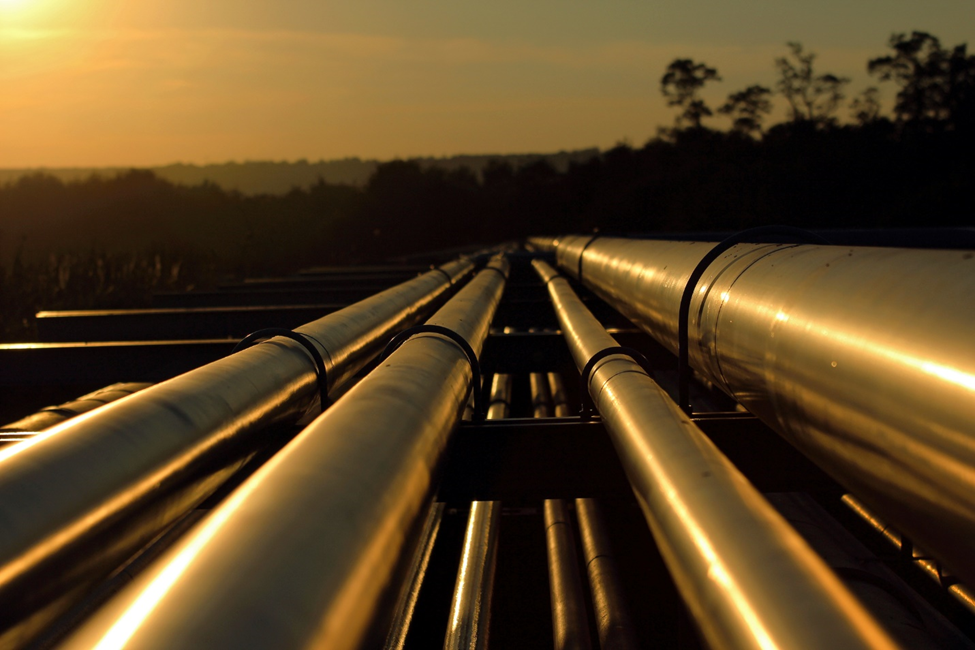Highlights
- Oil prices have surged significantly ever since the Ukraine issue flared up.
- With Russia now attacking Ukraine, concerns have only exacerbated about disruptions to the global energy supply.
- In such a scenario, it is important to use fuel judiciously as prices are only expected to move north going ahead.
Brent-indexed crude oil prices rose above US$105 a barrel for the first time since 2014 after Russia's attack on Ukraine exacerbated concerns about disruptions to the global energy supply. Russia is among world's top crude oil producers, and sanctions against it are expected to stiffen the global supply. A rise in global-market-linked wholesale oil prices can escalate domestic fuel prices.
According to the Australian Institute of Petroleum, the national average unleaded petrol price advanced by 2.2 cents to a record 179.1 cents a litre last week. The price of Brent crude surged by 5.6% to USS$102.27 soon after Russia started attacking Ukraine.
Meanwhile, on Thursday, the global benchmark Brent crude rose 2.3% to settle at $99.08 a barrel, after hitting a high of US$105.79. Similarly, WTI crude surged 0.8% to settle at $92.81 a barrel after earlier surging to US$100.54.

Image Source: © Kodym | Megapixl.com
Here we discuss a few tips for saving petrol as fuel prices rise:
Plan your trips in advance
It is important to plan your trips in advance so that you could avoid getting stuck in traffic. Getting trapped in traffic which is moving at a snail’s pace could mean that your engine would consume more fuel than it normally does. Nothing would be better than mapping your route before hitting the road.
The second important point to remember is that you should only use your private car when needed the most. It’s good to either use public transport or carpool. In addition, walking can be a good option for nearby destinations.
Drive, don’t fly
The other way to save fuel is to drive within limits. It is well known that cars which are being driven at speed above 60 mph consume more fuel due to increased aerodynamic drag. So, it’s always advised to drive at a consistent rate of speed, unless needed otherwise. You can also make use of cruise control on long trips. You must also ensure that your car’s tyres are well inflated.
Idling burns a lot of fuel
Experts always advise avoiding idling. It can lead to the burning of a substantial amount of fuel. Idling can consume one gallon of gas per hour. The other important tip is to turn off your engine in case your car has stopped for over a minute. It can also help you to save the environment.
Switching off air conditioning and heater is also recommended to save fuel.
Lastly, fuel-efficient driving is also about switching to the correct gear matching your speed. It can help in keeping revolutions low, which can reduce engine rotations, thus saving fuel.
RELATED ARTICLE: How Russia-Ukraine war could hamper the combat on climate change
RELATED ARTICLE: Why is DIA crypto skyrocketing in an otherwise crashing market?
RELATED ARTICLE: FLT, HLO, CTD - 3 ASX Travel stocks to watch while Australia reopens



